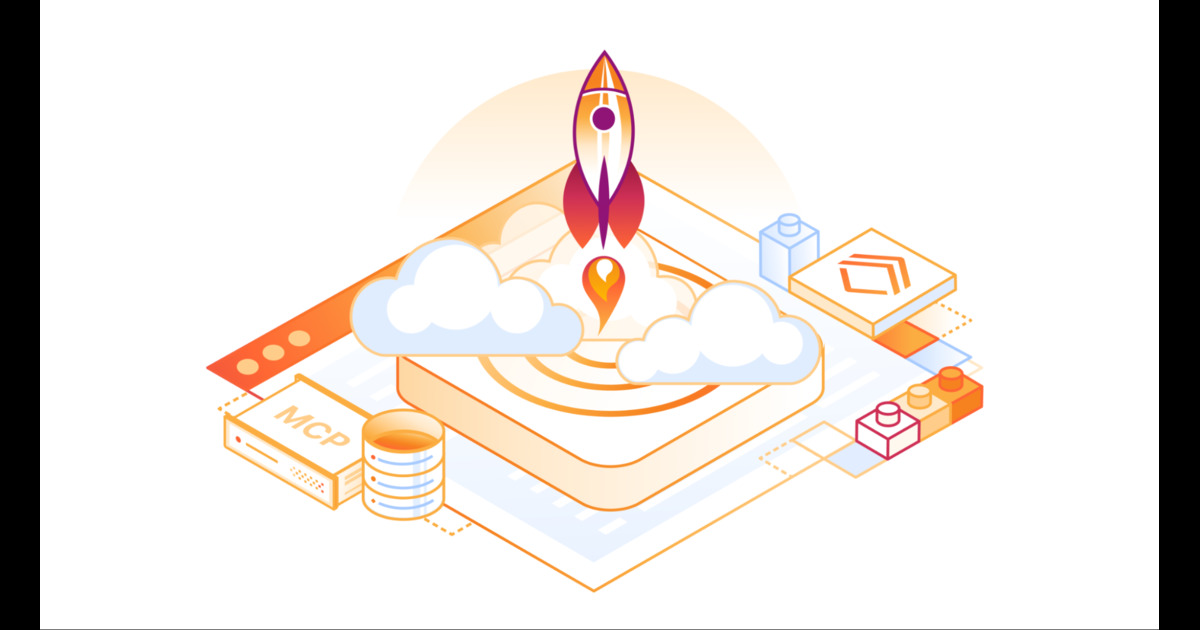
MMS • Craig Risi

Cloudflare has unveiled thirteen new Model Context Protocol (MCP) servers, enhancing the integration of AI agents with its platform. These servers allow AI clients to interact with Cloudflare’s services through natural language, streamlining tasks such as debugging, data analysis, and security monitoring.
An MCP server is a specialized type of server introduced by Cloudflare as part of their infrastructure to support AI agents in executing, debugging, and managing tasks securely and efficiently.
The concept of MCP servers is built around the idea of giving AI agents (like those used in autonomous workflows or natural language interfaces) safe, controlled access to the tools and data they need to operate effectively. These servers don’t just run arbitrary workloads—they are tightly scoped, auditable environments that expose specific capabilities to AI models.
The new MCP servers from Cloudflare introduce several key features designed to enhance the capabilities of AI agents interfacing with cloud infrastructure. The thirteen new servers and what they do are described below, as detailed in Cloudflare’s blog post.
The Workers Observability Server provides valuable insights into application logs and errors. This feature is crucial for rapid debugging and optimizing performance, enabling AI agents and developers to diagnose issues more efficiently.
With the Radar Server, AI agents gain access to global internet traffic data. This allows for sophisticated analysis of network trends and detection of anomalies, supporting a wide range of use cases from cybersecurity to performance monitoring.
The Logpush Server plays a critical role in summarizing log data, making it easier to identify and troubleshoot issues in log delivery mechanisms. It helps ensure logs are reaching their intended destinations and maintains visibility over logging workflows.
The AI Gateway Server enables inspection of AI Gateway logs. This means agents can review prompt histories and model responses, allowing for better debugging, tuning, and understanding of AI behavior within applications.
The AutoRAG Server is particularly useful for enabling AI agents to search and retrieve information from documents. This boosts response accuracy by grounding AI outputs in reliable and relevant data sources.
The DNS Server allows AI agents to query and manage DNS records. By providing access to DNS configurations, agents can assist in tasks such as domain management, troubleshooting DNS issues, and ensuring proper routing of internet traffic.
The KV (Key-Value) server enables AI agents to interact with Cloudflare’s key-value storage system. This functionality is essential for managing configuration data, feature flags, and other dynamic settings that applications rely on for real-time operations.
Through the Pages server, AI agents can access and manage Cloudflare Pages deployments. This includes capabilities like monitoring deployment statuses, reviewing build logs, and initiating new deployments, thereby streamlining the continuous integration and deployment processes.
The Queues Server provides AI agents with the ability to interact with message queues. This is particularly useful for managing asynchronous tasks, processing background jobs, and ensuring reliable communication between different parts of an application.
AI agents can utilize the R2 Server to access Cloudflare’s object storage solution. This allows for operations such as uploading, retrieving, and managing large datasets or media files, which is crucial for applications that handle significant amounts of unstructured data.
The Turnstile Server enables AI agents to configure and monitor Cloudflare’s CAPTCHA alternative. By managing Turnstile settings, agents can help protect applications from automated abuse while ensuring a seamless user experience.
Finally, the Audit Logs Server facilitates querying of audit logs. This is essential for maintaining compliance and conducting thorough security audits, providing traceability of actions across systems that the AI interacts with.
These servers are accessible to any MCP client supporting remote connections, including platforms like Claude.ai. This development signifies a step towards more seamless integration between AI agents and cloud services, promoting efficiency and automation in various operational tasks.